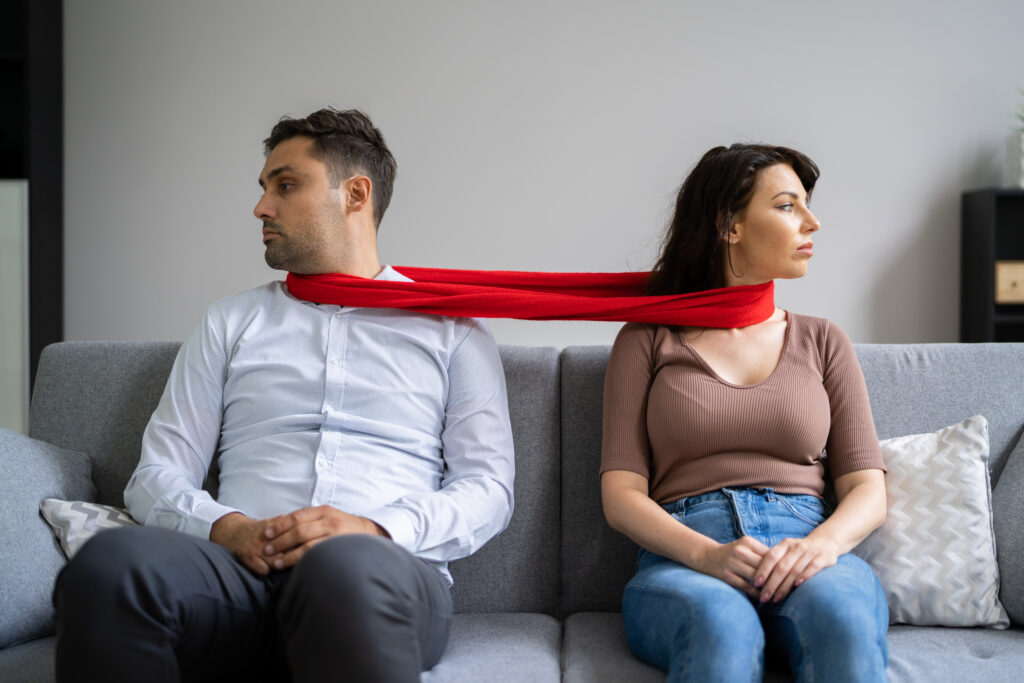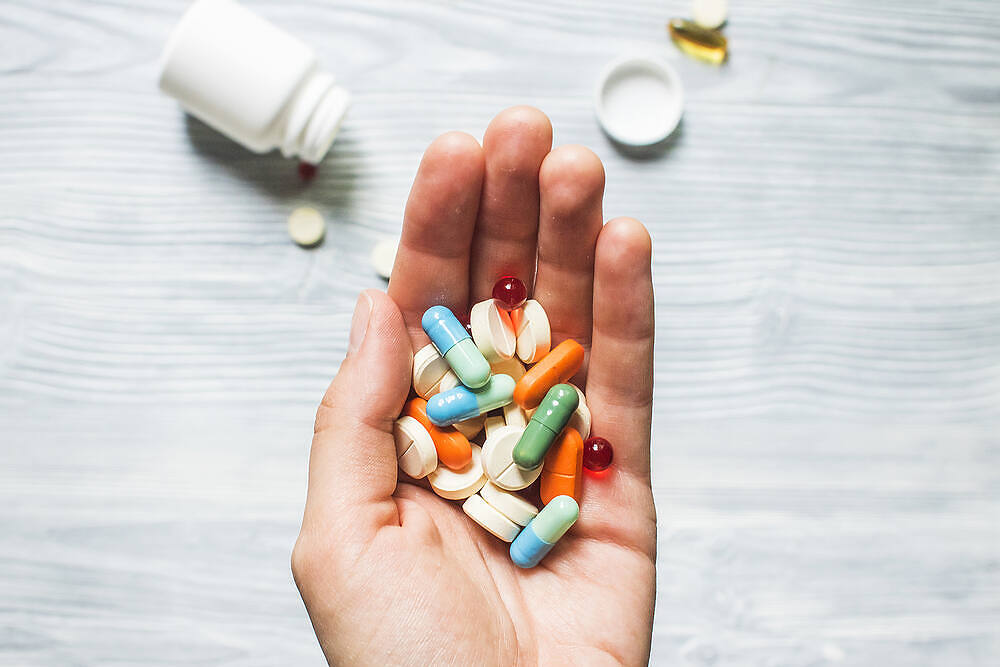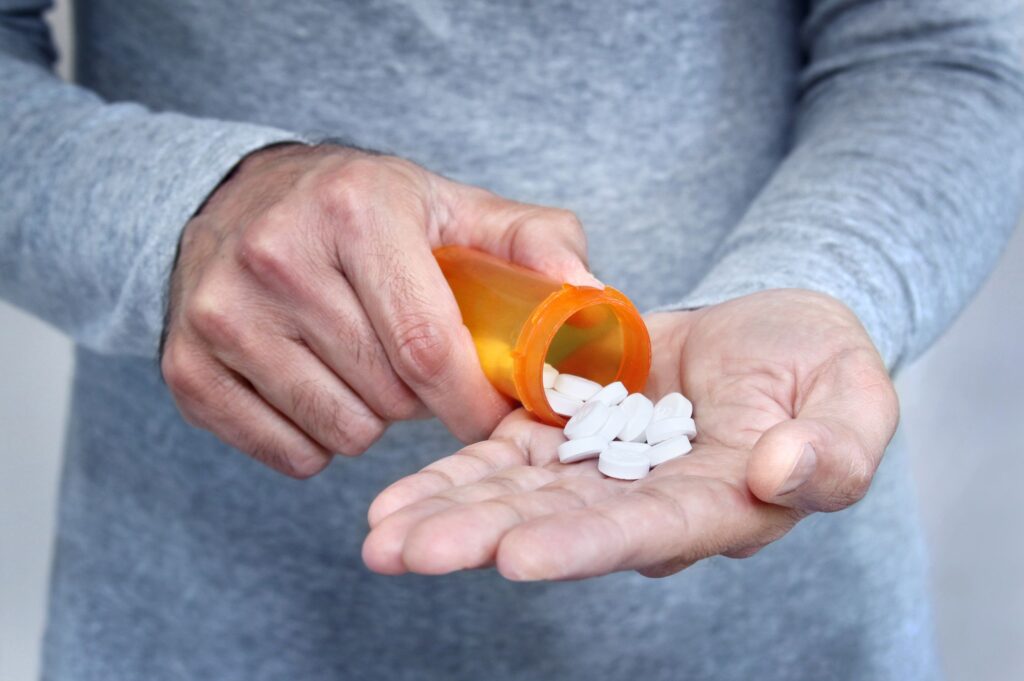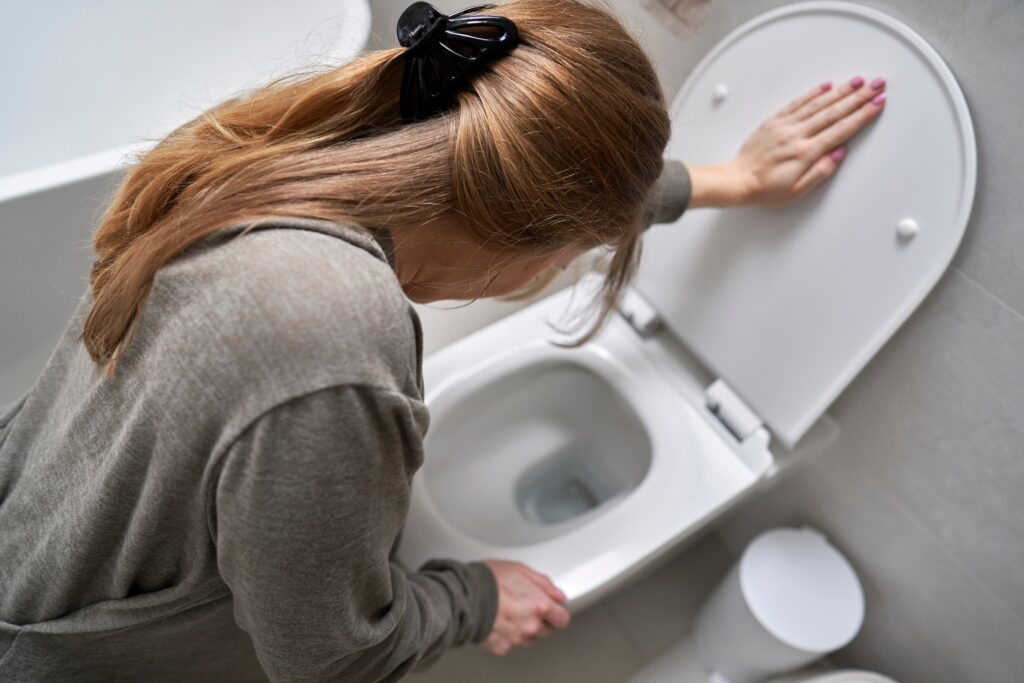Defining a sex and love addiction is similar to defining a food addiction: How do you become addicted to something you need daily to survive and thrive?
It is very different in ways from substance abuse, but some of the same strategies will work on it, as they do for any addiction. For a love addict, however, the outcomes will look a little different.
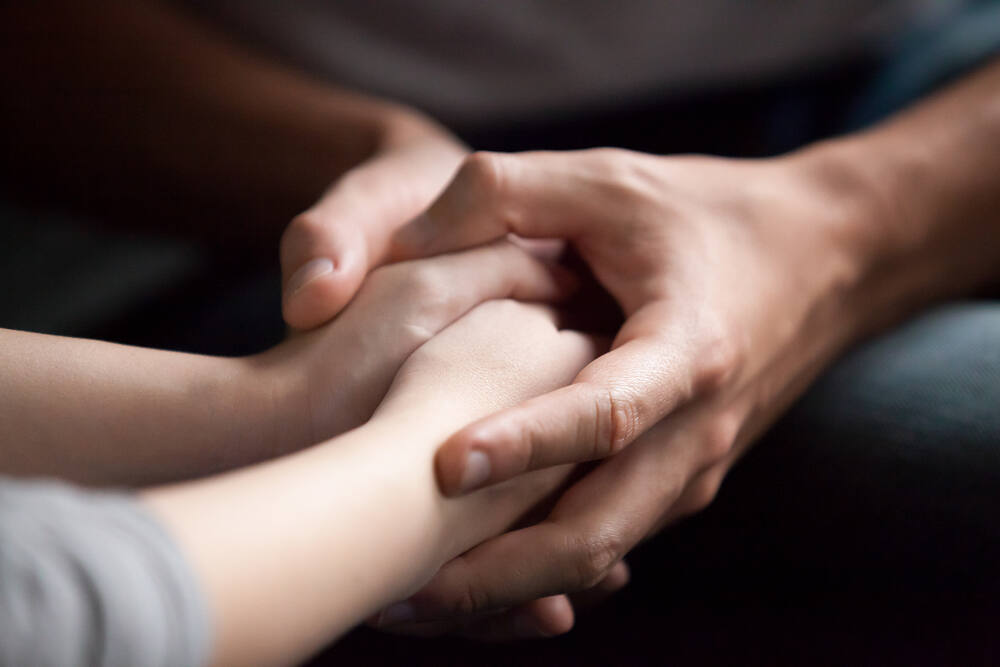
Addiction symptoms
For people looking for love and loving relationships, that rush feeling may be an enjoyable and life-changing event. For a person with sex and love addiction, that rush may be their next high, hit, or drink. Brain activity in sex addiction is similar to that of drug addiction. They are continually looking for their fix; if they are not in a relationship, they desperately seek one. Some common indicators that you or someone you know may have a love addiction include:
- Conflating sex and love, or sexual relationships and loving relationships
- Craving love and loving relationships
- Desperate for another’s approval, validation and affection when they are in a relationship
- Fearful, almost panicky, about the possible loss of a relationship
- Seeking a new relationship when the current one feels old and stale, or they are no longer getting the same high.
- Skipping out on everyday activities or work to be with a partner
- Feeling depressed, agitated, or anxious when not in love or a relationship
- Using manipulative tactics to keep a partner
- Having people express concern to you about your partner’s choices
- Choosing partners that are unhealthy or unavailable to you physically or emotionally
- Having a long history of chaotic relationships
This list should give you a good general idea of what it would look like to be a love addict or be with a love addict. Some may display other symptoms than this, but most will present two or more of the above.
How to overcome sex and love addiction
It would be nearly impossible to be human and not want to be in a warm, loving relationship with another person. That is one of the basic human needs: love and affiliation. You can see the problem with being a love addict quickly and having to enter into love sobriety. The definition here for sobriety will be different than for alcohol addiction. If a person has an alcohol abuse disorder, they must abstain from drinking altogether. A person can never be asked to have a loving relationship again. It is cruel and next to impossible to suggest.
For a person with a love addiction, like sex addiction or food addiction, the goal for sobriety would be to abstain for a little while so they can go through treatment and start to learn more about themselves and what makes a loving relationship. The goal for long-term love sobriety would be to understand what makes a healthy relationship and work steadily and diligently to find the right person and create one for yourself, not bouncing from relationship to relationship, searching for that next fix.
Love addiction treatment
People with a sex and love addiction feel just as ashamed, guilty, and in denial as those with a heroin addiction. The high may be more insidious because it comes from the patterns in their head and their neurochemical rush. That cannot be taken away. Our brains, however, can be retrained to think differently about relationships and partners.
Treatment for love addiction works similarly to other forms of addiction treatment. Therapy would help sort out the root causes for this and where they learned this pattern for relationships. For most forms of addiction, an underlying cause, like an untreated mental illness or trauma, is causing the person to find ways to escape from those feelings or thoughts. That needs to be addressed, and coping skills taught so they can manage the cravings for love and a relationship when they arise. Sometimes, medication can be prescribed to treat some of the more difficult symptoms or underlying illnesses, like a person may get an antidepressant if that helps with untreated depression.
Prescribing drugs for sex addiction is rarely helpful on its own but can help recovery when used in combination with therapy. Medications promising in treating sex addictions include naltrexone, mood stabilisers and antiandrogens.
Many counsellors take a secular approach and may not be able to address faith-based concerns adequately. For some people who want to work on the spiritual aspects of their addiction, holistic therapy may be the best option. Interfaith or faith-specific counselling is also available for people of different faiths, and Christian sex addiction recovery groups and individual advice are especially well-represented in the recovery community.
Education is also an active component in the treatment of love addiction. People need to learn about healthy relationships and what makes up one, like ethical boundaries, secure communication, trust, and honesty.
Support is also a key treatment factor for addiction of any kind. Being in a supportive environment, like a support group, helps improve people’s chances of sobriety by attending. Support groups for sex and love addiction give people a group of peers who have been there and know what it is like. A person in such a group can feel safe, validated, heard, and called out when showing signs of relapse.
Help for sex and love addiction is available through self-help fellowships such as Sex and Love Addicts Anonymous (SLAA) and Sex Addicts Anonymous (SAA).
Love addiction is different in some ways than substance addiction, but it gets treated in many of the same ways. Recovery is possible from love addiction, but it does take time and effort, as well as the support of a therapeutic team and supportive environment. Love addiction recovery and sobriety can and does happen, and people find healthy, stable relationships with help.
With the help of the right rehab for your needs, treatment has helped thousands of people on their way to recovery from addiction and psychological unwellness. Contact us today for confidential advice.
